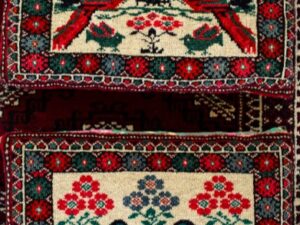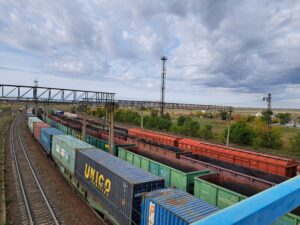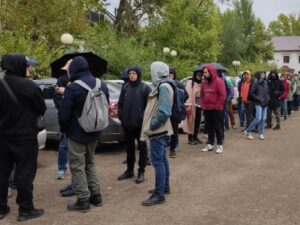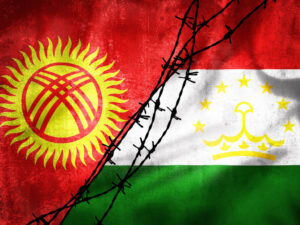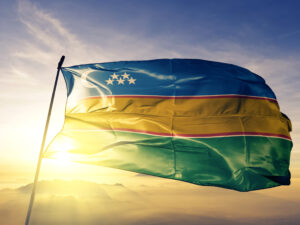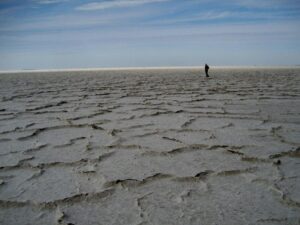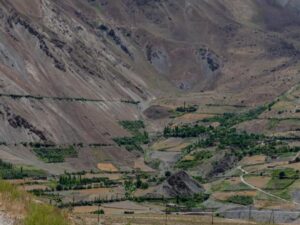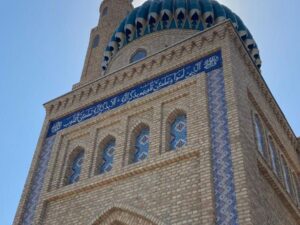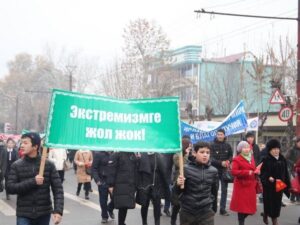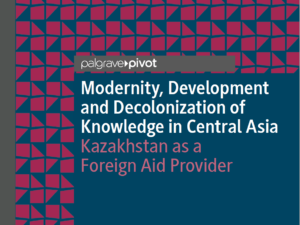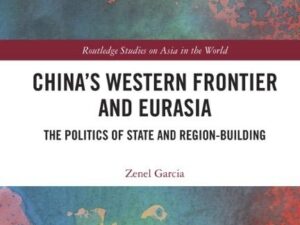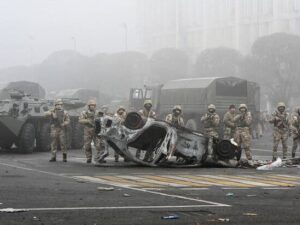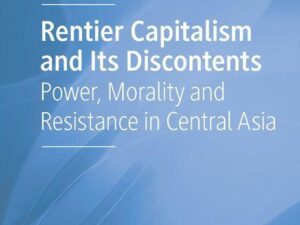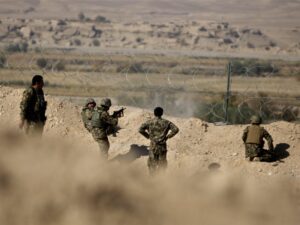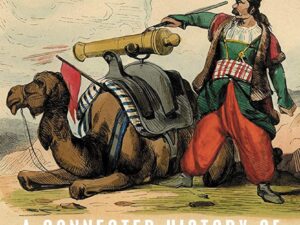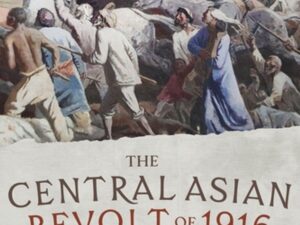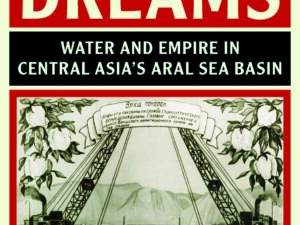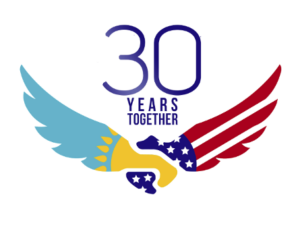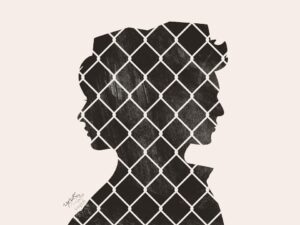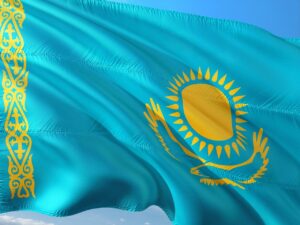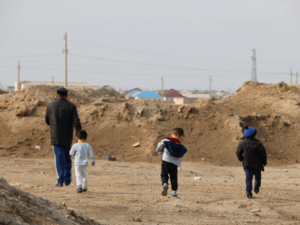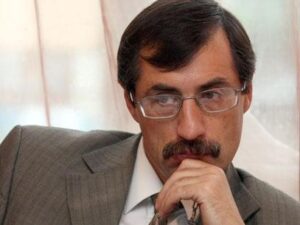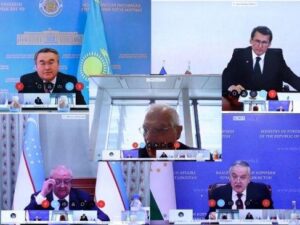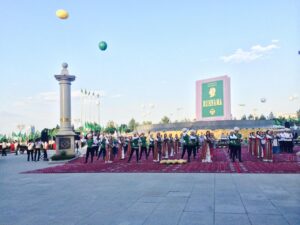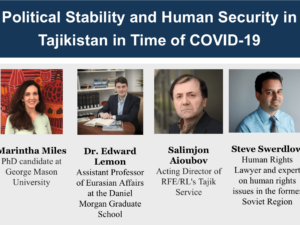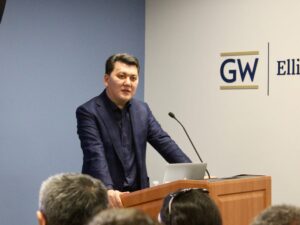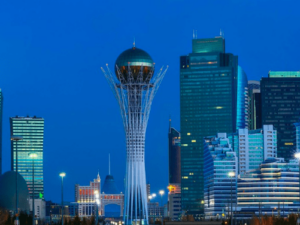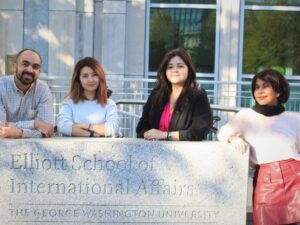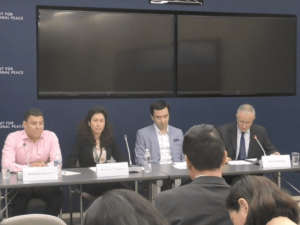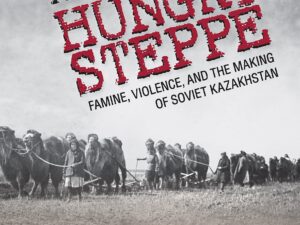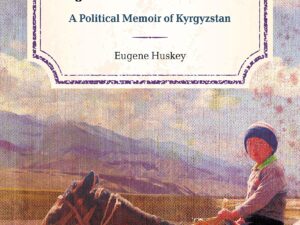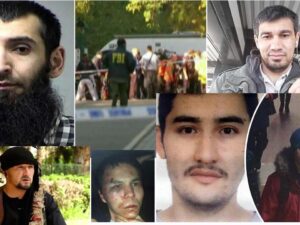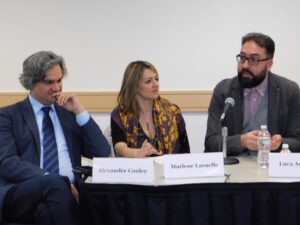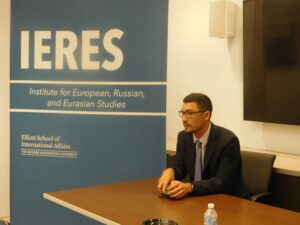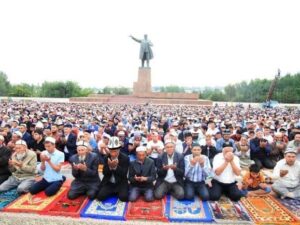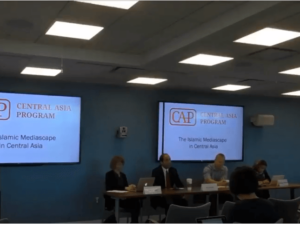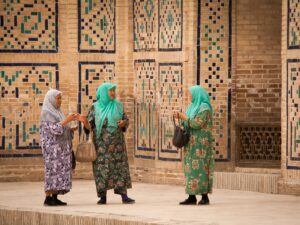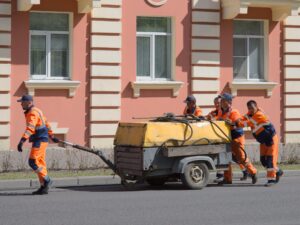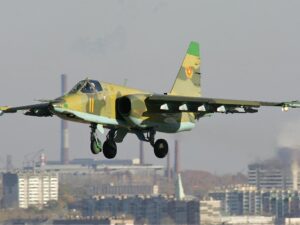
- This event has passed.
Cultures of Islam: Variations of Muslim Belief and Practice from the Irtysh River to the Black Sea
19 October, 2020 @ 9:00 AM – 20 October, 2020 @ 11:10 AM
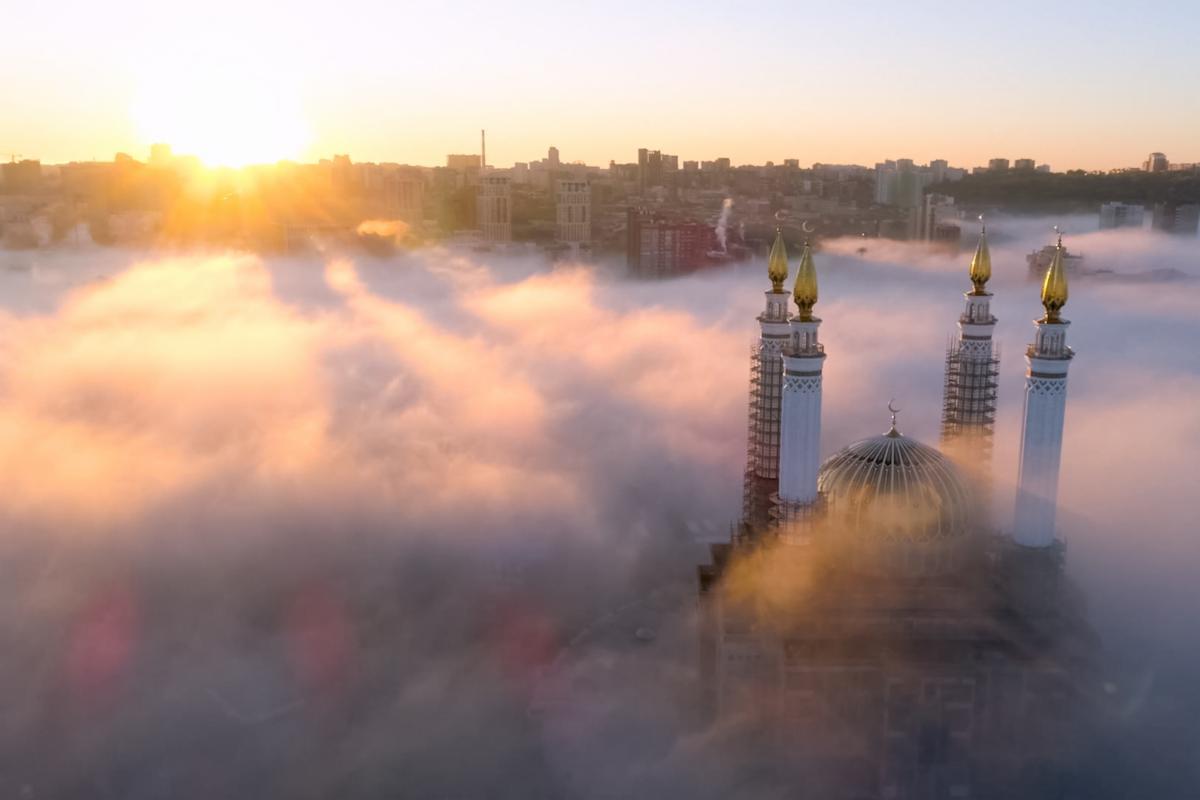
Summary
In this open discussion, we will examine the diversity of Muslim belief and practice in Russia beyond the capital, Moscow. During this two-day conference, twelve experts will reflect upon case studies from regions across Russia: Siberia, the Ural and Volga regions, the North Caucasus and Crimea. Of primary interest is the relationship between Islam and various aspects of culture. Our scholars will examine many complex questions, such as when and why some aspects of culture (national, ethnic, regional, local) become influential, whose interests are being served, and which kind of power struggles can be determined? Further, they ask if global and local interpretations of Islam must clash or if they can co-exist? The discussion will encompass the uneasy convergence of one Islamic revelation and a multitude of other Muslim traditions.

The Initiative “Islam in Russia, Russia in the Islamic World” is generously funded by the Henry Luce Foundation
Program Overview
Monday, October 19
9:00 – 9:10 (EDT) –– Welcoming Remarks
Marlene Laruelle, Director, Institute for European, Russian, and Eurasian Studies and Research Professor of International Affairs.
9:10 – 10:30 –– Section 1: Muslim Identities
9:10 – 9:21 – The Sociology of Competition of “Traditional” and “Globalized” Islam among Tatars from Russia: Actors and Their Interests
Liliya Sagitova, Academy of Sciences of the Republic of Tatarstan, Sh. Marjani Institute of History
9:22 – 9:33 – Muslim Identity Politics in Contemporary Tatarstan: Historical Legacies, Secular Cultures and Religious Beliefs
Bulat Akhmetkarimov, Kazan Federal University
9:34 – 9:45 – To Be a Muslim in a Crimean Tatar Way: Ethnic Culture and Global Trends
Elmira Muratova, Crimean Federal University
9:46 – 9:57 – Some Reflections on the Study of Islamic Traditions in Siberia
Alfrid Bustanov, University of Amsterdam
10:00 – 10:30 – Discussion
10:30 – 10:40 – Coffee break
10:40 – 11:20 –– Section 2: Religious Activism and Lifestyles
10:40 – 10:51 – Muslim Communities of Kazan in the Beginning of the XXI century: Reasons of Rise and Fall of Islamic Youth Activism
Guzel Guzelbaeva, Kazan Federal University
10:52 – 11:03 – Halal Headaches: Entanglements of (Islamic) Rule and Law in Tatarstan
Matteo Benussi, University of California, Berkeley
11:05-11:20 – Discussion
Tuesday, October 20
9:00 – 9:40 –– Section 3: Islamic Educational Systems
9:00 – 9:11 – Islamic Education in Post-Soviet Tatarstan: Trans-locality, Ethnicity and the Struggle for Identity
Leila Almazova, Kazan Federal University
9:12 – 9:23 – Re-appropriating Traditional Tatar Educational Culture or Building its Own: Homeschooling Practices among Observant Muslims in Tatarstan, Russia
Liliya Karimova, Northern Virginia Community College-Annandale
9:25 – 9:40 – Discussion
9:40 – 9:50 – Coffee Break
9:50 – 11:10 –– Section 4: Vernacular Muslim Practices
9:50 – 10:01 – Pilgrimage to Muslim Shrines in Hybrid Everyday Cultures: Three Dagestani Cases
Vladimir Bobrovnikov, Higher School of Economics, St. Petersburg
10:02 – 10:13 – Local Shia Community and the Sacred Mount: Social Practices around Shalbuzdag Pilgrimage in Dagestan
Ekaterina Kapustina, Kunstkamera
10:14 – 10:25 – Divine Presence: Sufi Practice as a Means of Enchantment in the Urals and Beyond
Jesko Schmoller, Perm State University
10:26 – 10:37 – Sufism in Dagestan after the USSR: A Retrospective View on the History of Discussions about Sufism (This presentation is in Russian)
Shamil Shikhaliev, Institute of History, Makhachkala/University of Amsterdam
10:40 – 11:10 – Discussion




